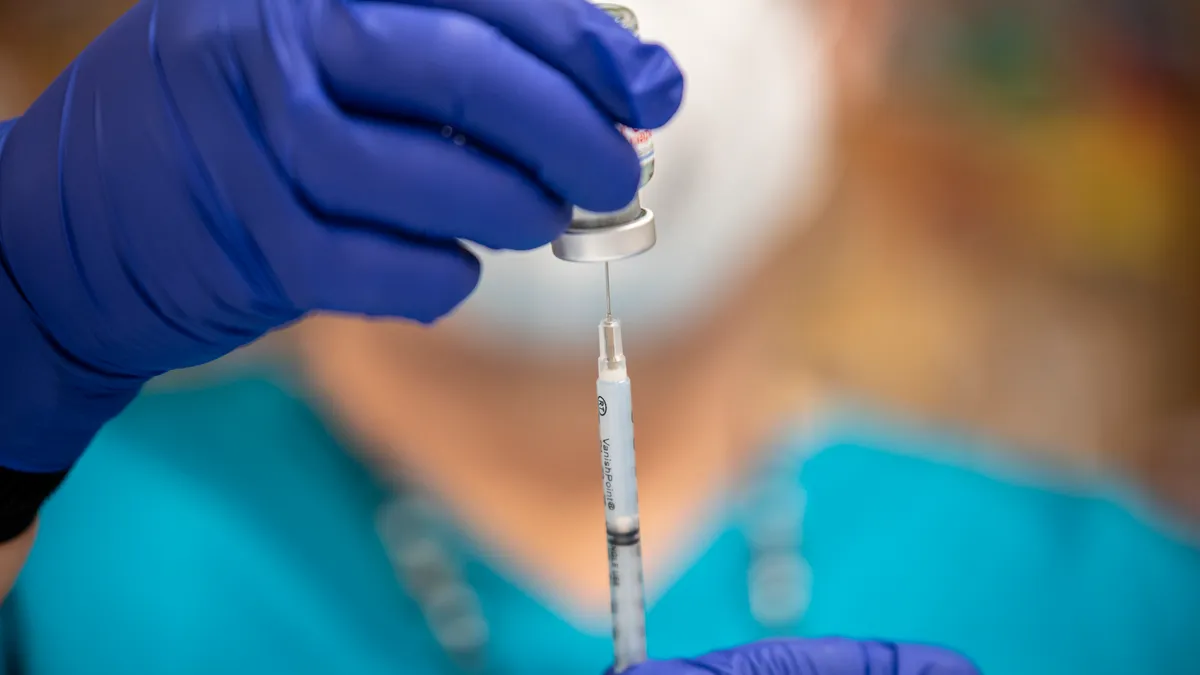BD has increased its manufacturing capacity for critical medical supplies, including syringes, needles and IV catheters to help meet the needs of the U.S. health system.
The move is part of BD’s investment of more than $10 million last year to increase manufacturing capacity, the company said in a statement Wednesday. BD has hired more than 215 full-time employees to support production growth.
BD installed new needle and syringe production lines at facilities in Connecticut and Nebraska. One line is currently operational, the company said, and additional lines are expected to begin in the coming months.
Once the new lines are fully operational, BD’s domestic manufacturing capacity of injection devices will increase by more than 40%, and production of conventional syringes will increase by more than 50%. The company said new production capacity will add hundreds of millions of units annually for hospital procedures, vaccinations, medication preparation and drug delivery.
The company also plans to invest more than $30 million in 2025 to expand its production capacity for IV lines at a Utah plant to “support continued growth in catheter solutions.” BD invested more than $2 million last year for IV line improvements, increasing catheter production by more than 40 million units annually.
BD’s creation of more than 200 jobs follows a recent history of layoffs. According to MedTech Dive’s analysis of state Worker Adjustment and Retraining Notification databases, BD filed layoff plans for nearly 775 employees across five states in 2023. The WARN notices include a filing to lay off 107 employees in Nebraska, where BD is now expanding capacity and adding jobs.
A spokesperson said the company added more than 70 jobs at a site in Columbus, Nebraska. BD’s layoffs in 2023 at a facility in Holdrege, Nebraska, which primarily makes insulin injection devices, were related to the spinoff of its diabetes care business, according to the emailed statement.
In July, BD said it planned to shut down a facility in Ireland over 2 1/2 years, potentially resulting in the loss of about 170 employees. The plant produced oncology, interventional radiology and critical care products.
At the time, BD’s spokesperson said the decision to close the Drogheda facility followed a review and an attempt to ensure that resources “are allocated in the most effective manner possible.”










